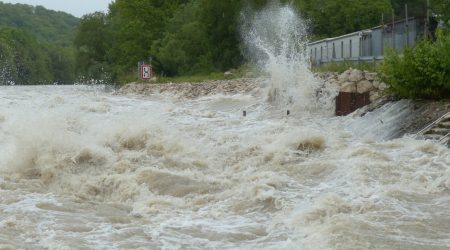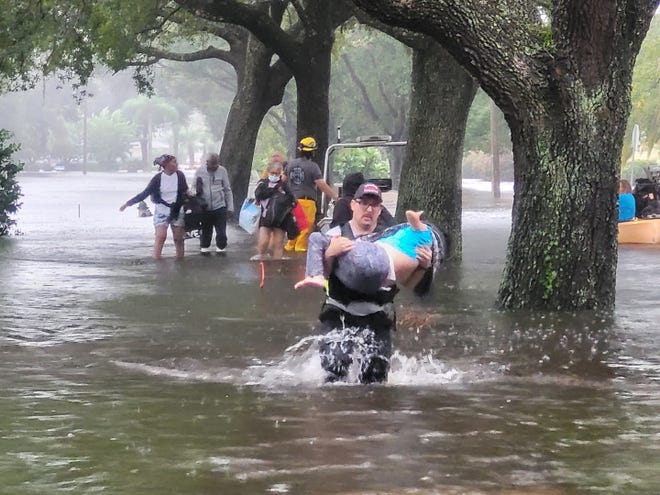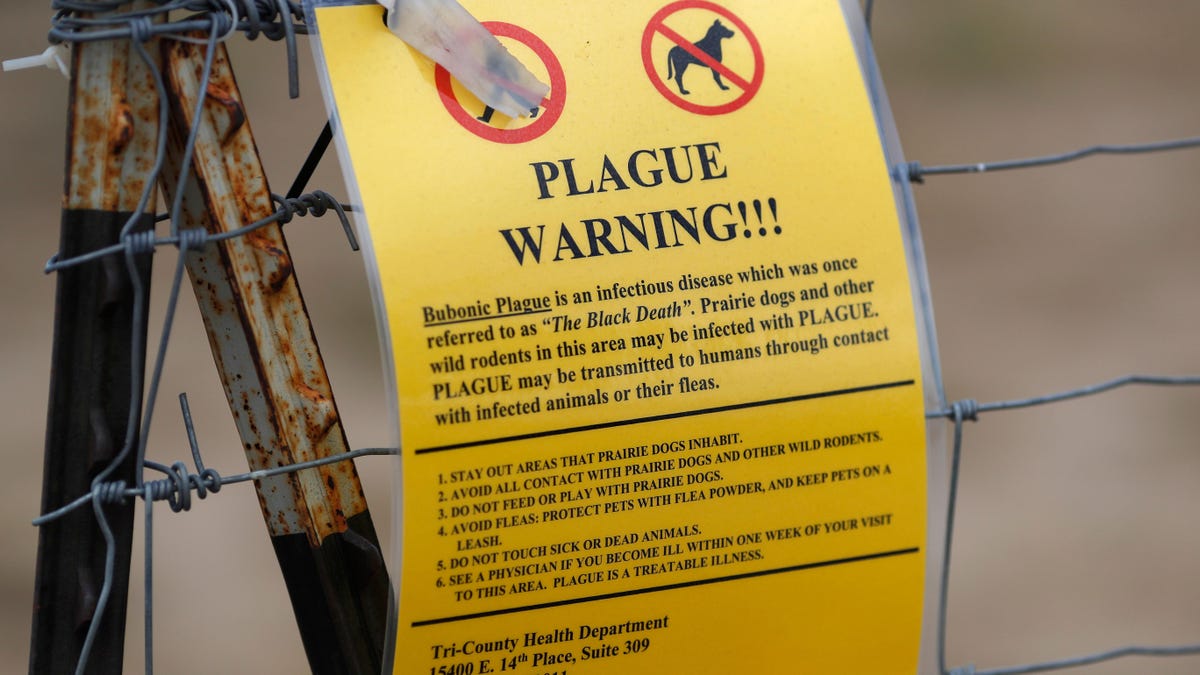[ad_1]
A network of international researchers is launching a European collaboration this week (October 14, 2021). This collaboration will train a new generation of scientists to understand the impact of past climate change on Antarctica
The new innovative European research and training network “DEEPICE†aims to equip the next generation of scientists with a solid background in climatology related to ice cores, with a particular focus on Antarctica. It will also tackle major technological and scientific challenges in order to make the best use of the Beyond EPICA – Oldest Ice Core which will be mined by a large European team in Antarctica in the years to come, to recover up to 1.5 million. years of climate data. Ultimately, these initiatives will answer key questions about the major climate changes that the Earth has faced in the past and their impacts on the Antarctic ice sheet.
Climate change in Antarctica can have significant consequences for our society, as these can impact future global sea levels due to the large volume of fresh water stored in the ice cap. Thus, on the eve of the next Conference of the Parties (COP26), understanding climate change and the vulnerability of the Antarctic ice sheet is more than ever a priority issue. As the younger generations inherit a planet that will be far different from today, they need to be provided with the right information to help them take action to tackle one of the greatest environmental crises facing us. humanity is facing. Not only will DEEPICE prepare a network of young climate scientists, but it will also give them the skills needed to effectively communicate the issue of climate change to the general public.
Thanks to the doctoral projects of 15 fellows, the new program will prepare the tools for an optimal use of the very old ice core, by developing cutting-edge instrumental techniques, cutting-edge statistical tools for signal reconstruction and coupled climate models. . These results will directly contribute to a better understanding of past processes of the climate system and, thus, to improved prognosis for the future. This European network will also offer unique links with many non-academic partners who will provide these young scientists with the broad skills now required to pursue academic and non-academic careers.

Dr Amaëlle Landais is CNRS research director at the Laboratory of Climate and Environmental Sciences (LSCE) and principal coordinator of the DEEPICE network. She says:
“Climate change is a major challenge for society today. The new generations must be given the best tools to meet this challenge.
Dr Emilie Capron is a CNRS researcher at the Institute of Environmental Geosciences (IGE) and co-coordinator of the new research and training network. She says:
“Studying the past climate is essential to understanding how our climate system works and how it might change in the future.”
Professor Carlo Barbante of the University of Venice is the leader of the BE-OI project. He says:
“The quest for the oldest ice is one of the most intriguing and enigmatic challenges in climate science. To tackle it, we need the best talented young scientists.
Dr Louise Sime, climate change specialist at the British Antarctic Survey, who is supervising a new DEEPICE doctoral student, says
“It’s wonderful to be part of DEEPICE – it provides the ideal inter-European training network for the exciting new generation of climate and ice core scientists. “
This innovative European research and training network includes 10 research organizations and universities as well as 10 partners from the academic and non-academic sectors. It started in January 2021 and will run until December 2024.
Beneficiaries: CNRS (Coordinator), France; Alfred Wegener Institute, Germany; University of Bergen, Norway; University of Bern, Switzerland; University of Utrecht, The Netherlands; Ca ‘Foscari University in Venice, Italy; Free University of Brussels, Belgium; University of Copenhagen, Denmark; University of Lund, Sweden; British research and innovation – British Antarctic Survey, United Kingdom
Partner organizations: TOFWERK AG, Switzerland; Past global changes, Switzerland; Schäfter & Kirchhoff GmbH, Germany; University of Milano-Bicocca, Italy; Air Liquide, France; PICARRO, United States; University of Art London – Central Saint Martins, United Kingdom; Teledyne CETAC Technologies, United States; Interscience SPRL, Belgium; Risk Management Solutions, United States.

[ad_2]




:quality(70)/cloudfront-us-east-1.images.arcpublishing.com/adn/H4PL3X5QNZBIBGTM2TKUROXTWY.jpg)